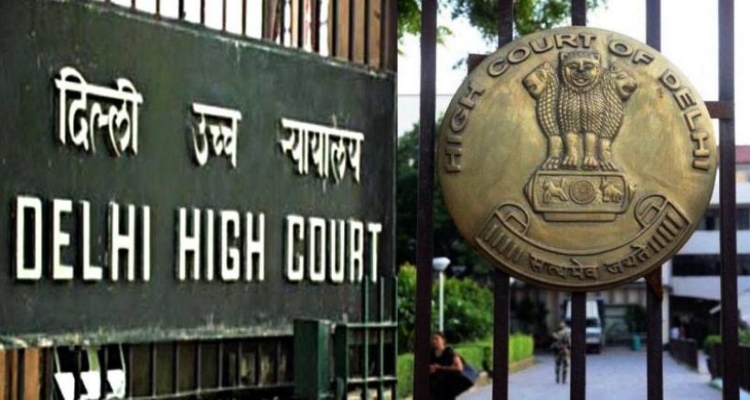
The Delhi High Court has facilitated the repatriation of the mortal remains of a British citizen of Indian origin who wished to be buried alongside his grandparents in Hyderabad, his native place.
The deceased’s father moved the Delhi High Court, challenging the decision of the Consular Section of the High Commission of India in London, which had refused to grant a No Objection Certificate (NOC) for the transfer of the remains. The refusal was based on the fact that the deceased did not hold an Overseas Citizen of India (OCI) card at the time of his death in Chertsey, United Kingdom, last month.
Justice Sanjeev Narula, while directing the issuance of the NOC, noted that the guidelines for such cases emphasize the deceased being a person of Indian origin—a status confirmed through documents submitted in this case. The petitioner, an Indian citizen, demonstrated that the deceased had previously held an Indian passport, affirming his Indian origin.
The court also highlighted a “discrepancy” in the rules followed by different Indian High Commissions. While the Indian High Commission in London required an OCI card for the repatriation of mortal remains, other Missions did not impose such stringent requirements, indicating an arbitrary application of these rules.
The court observed that such inconsistent policy enforcement, without clear and rational justification, violates Article 14 of the Indian Constitution, which guarantees equality before the law and equal protection of the laws within India. The court further noted that the insistence by the High Commission in London on an OCI card unfairly discriminated against the petitioner’s rights to repatriate his son’s remains in a manner that respects familial and cultural ties.
In its recent order, the court issued a mandamus directing Respondent No. 1 to issue a No Objection Certificate to the petitioner’s daughter-in-law for the transfer of the deceased’s mortal remains from the United Kingdom to Hyderabad.
The petitioner argued that the repatriation of mortal remains is a crucial consular service, deeply connected to human dignity and familial rights. He contended that such a service should not depend on specific identity documentation like an OCI card, especially when there is a clear Indian origin or connection.




